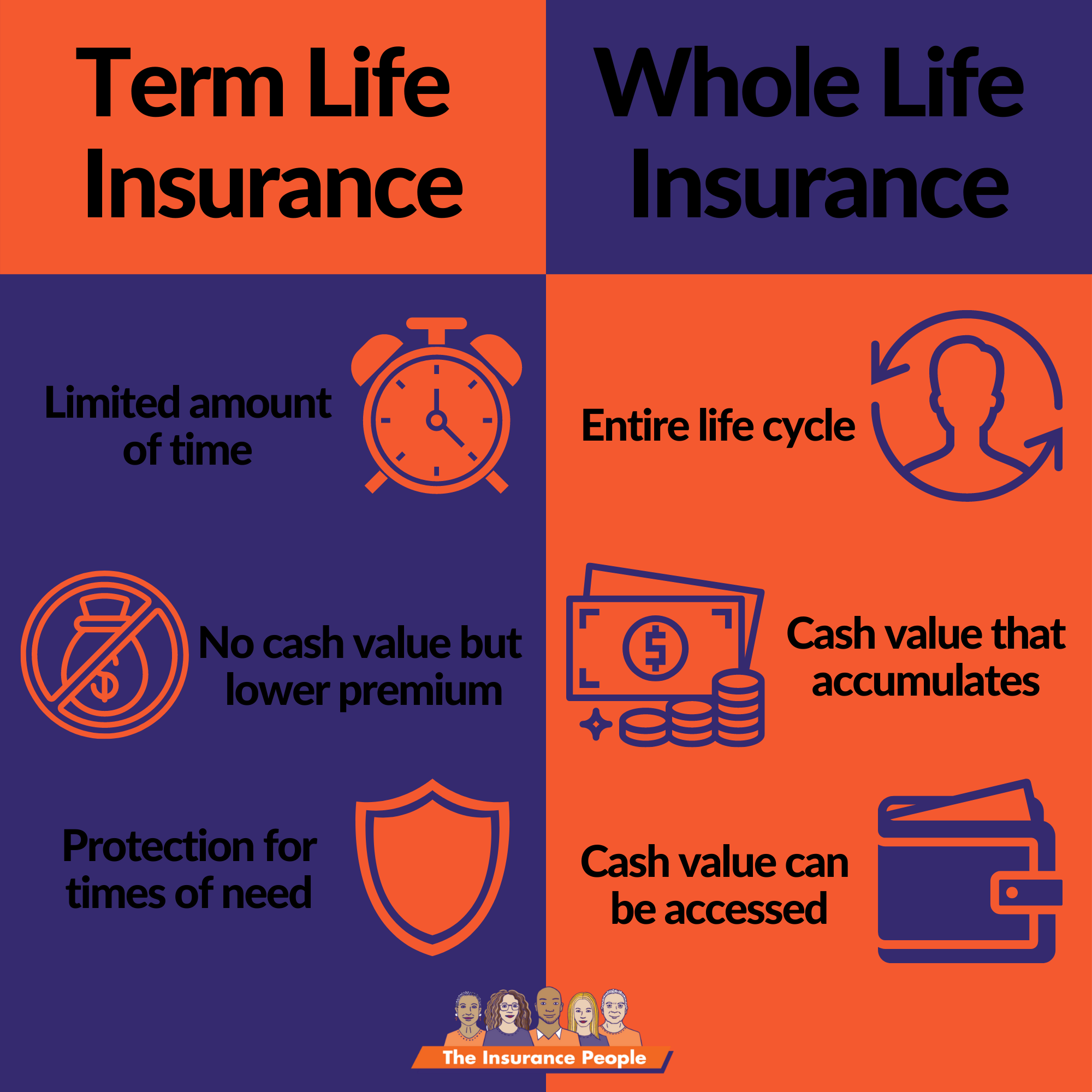Blitz News Digest
Stay updated with the latest trends and insights.
Whole Life Insurance: A Lifetime of Love and Cash
Discover the surprising benefits of whole life insurance—secure your family's future with love and cash that lasts a lifetime!
Understanding Whole Life Insurance: Benefits for You and Your Family
Whole life insurance offers a unique combination of lifelong coverage and a savings component, making it an appealing choice for many families. Unlike term life insurance, which only provides coverage for a specified period, whole life insurance guarantees a payout to your beneficiaries at any time, as long as the premiums are paid. This means that you can provide financial security for your loved ones, ensuring they are protected from potential debt and living expenses during challenging times.
In addition to the peace of mind it provides, whole life insurance also accumulates cash value over time, which can be borrowed against or withdrawn. This feature can serve as an emergency fund, allowing you to access liquidity when needed without disrupting your long-term financial goals. Moreover, the premiums for whole life policies remain level throughout your lifetime, making it easier to budget for this important investment. Ultimately, understanding the benefits of whole life insurance can empower you to make informed decisions that will benefit you and your family for years to come.

How Whole Life Insurance Builds Cash Value Over Time
Whole life insurance is a unique financial product that not only provides a death benefit but also serves as a long-term savings vehicle. As premiums are paid, a portion goes to the policy's cash value, which grows at a guaranteed rate over time. This growth is tax-deferred, allowing the cash value to accumulate without immediate tax implications. Typically, the cash value builds up slowly in the early years of the policy, but as time progresses, the growth accelerates due to the compounding interest effect. Policyholders can take advantage of this cash value by borrowing against it or withdrawing funds, providing flexibility for life’s unexpected expenses.
One of the key benefits of whole life insurance is its stability and predictability compared to other savings and investment options. The cash value is influenced by the insurance company’s performance and is protected from market fluctuations, making it a safe haven during economic downturns. Additionally, policyholders can enhance their cash value through dividends, which some companies may pay to policyholders, adding another layer of growth potential. This inherent feature of building cash value gives whole life insurance a dual purpose: it offers financial protection while serving as a reliable savings tool over the long haul.
Is Whole Life Insurance Right for You? Key Considerations to Know
When considering whether whole life insurance is right for you, it's essential to evaluate your long-term financial goals and needs. Whole life insurance provides coverage for your entire life, as long as premiums are paid, and it includes a cash value component that grows over time. This can be an attractive option for individuals looking for stability in their insurance and investment strategy. Evaluate the following key considerations:
- Your current financial situation.
- Your long-term financial objectives.
- Other insurance options available.
Another critical consideration is the cost of whole life insurance compared to term life insurance. Whole life policies generally have higher premiums, which can be a significant factor for many individuals. However, the cash value accumulation and lifelong coverage may provide value that justifies the expense for some people. It's crucial to assess how the premium fits into your overall budget and whether you can commit to paying it over the long term. Remember, this decision should align with your overall financial strategy and needs.